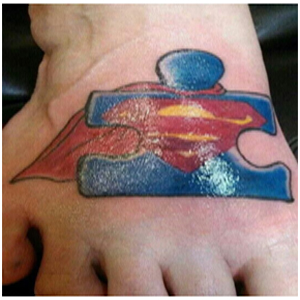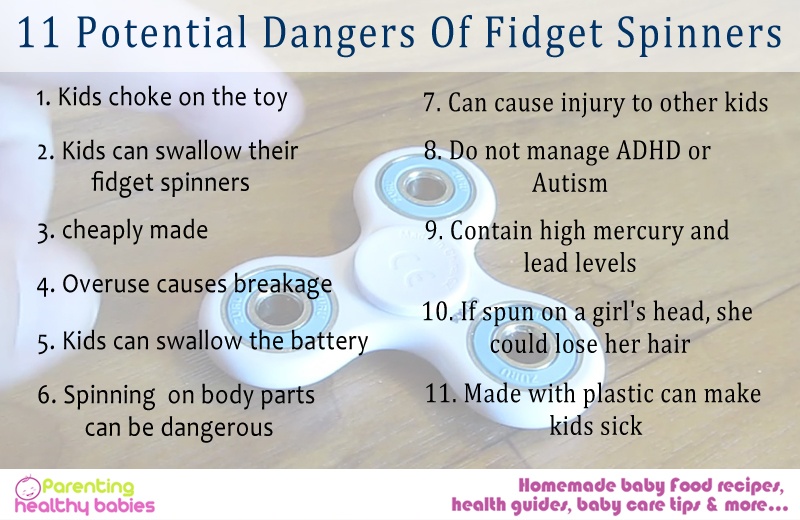Signs of autism in infants in include not responding to his name, not smiling, not babbling, not responding to gestures, rarely imitating actions, not reaching out to mother, unwilling to attract anyone, avoiding eye contact, not interested in playing and unusual body movements.
Autism in kids is one of the common physiological disorders that you may not be able to detect unless it is too late. It interferes with the development process of the kids, holding them mentally backward. You may find autism in infants who face difficulties in learning to speak and write, enjoy with his friends, communicate with his parents or participate in the class. As soon as you notice the symptoms of autism in kids, you should seek assistance from the experts. Failure to treat the issue at an early age may result in life-long abnormality.
Read More: 7 Summer Fun Toddler Activities for Children with Autism
Signs of Autism in Infants you can’t Ignore
The child does not respond to his name
Normally, children learn to respond to their names between 6 to 12 months of age. However, if you find that he or she is not responding to the name, it may be a symptom of autism.
The child does not smile
Children generally have the strongest affinity to their mothers. As he keeps growing, he learns to smile at the mother. If you find that your child remains expressionless when you call out his name, it may indicate that he is suffering from autism.
The child does not babble
One of the earliest signs of autism in infants is that it does not babble. Under normal condition, it is a natural instinct for the kids to babble at a certain age. Autistic kids do not babble, and you need to seek medical attention.
Read More: 7 best conventional toys for children with Autism
Does not respond to gestures
Most of the children learn the common body languages fast. However, if you find that they are not responding to your gestures and signs, it may indicate that he is suffering from autism.
Rarely imitates actions
Parents often enjoy seeing their children imitating them. For autistic kids, it is different. They show no signs of imitation or participation in playful activities.
The child does not reach out to the mother
Most of the autistic children remain to themselves. They hardly reach out to their mothers. You will find that the kids do not love to be questioned or remain silent even when you ask him what has happened.
The child does not want to attract anyone
The normal instinct of children is to make their presence felt to the people around them. You can detect autism in infants if you find that they are not trying to attract attention, sitting quietly in the room.
The child avoids eye contact
If you find that the child is avoiding eye contact with you, it may be a sign of autism. They do not like to be disturbed, so they refrain from participating in all sorts of communication.
The child does not love to play
Autistic children do not mingle with other children and do not like to play. You may try buying a variety of toys, but the child will hardly touch them.
Read More: Is Camel Milk a Cure for Autism in Children?
Unusual body movements
One of the most prominent signs of autism in infants is that they show unusual body movements. You may find your child repeating the same actions with the hands time and over.
The baby does not learn motor skills
As the babies grow, they learn to creep, crawl and wriggle. They develop these motor skills naturally, at the right age. In autistic kids, these skills are not acquired at the right time.
The child keeps away from joint activity
Joint activities are those, which the child wants to share with you. He may want you to look at the object he is pointing at. In autistic kids, you will not find joint activities.
Read More: Autism Spectrum Discorder ( ASD) in Children
The child does not have an interest in ‘pretend play.’
Pretending to be someone else is one of the common games for kids. Children suffering from autism will not show these activities.
They may have sensory issues
In certain cases, the child may have sensory issues. They may not be able to hear you properly, or unable to speak out what he wants to say.
Lack of emotion in response
Autistic children lack emotions in their activities. They are more mechanical and does not show any emotions. You may fail to make your child smile if he has autism.
These are the most common signs of autism in infants that you should know. If you find any of these in your child, take him to the experts. Autism can be cured through counselling and other scientific means.
Read More: 7 Causes for Autism in Children
References:
http://www.babygaga.com/15-signs-of-autism-parents-need-to-look-out-for/













